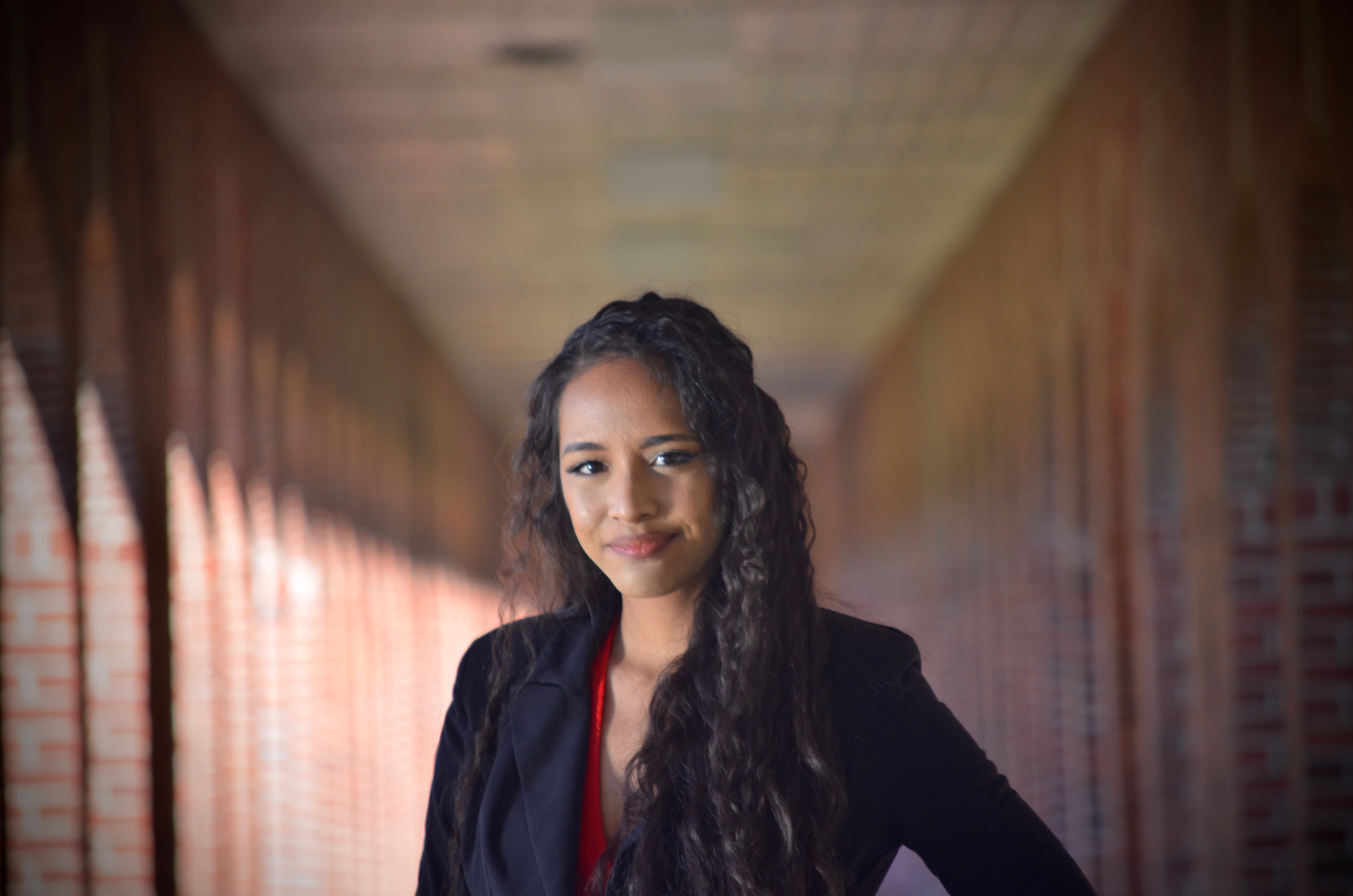As a field, criminal justice offers more than its name suggests.
“We are much more than police officers,” says Associate Professor Dr. Michelle Jeanis. “There are hundreds of jobs in criminal justice the average person probably does not think about.”
Corinne Salter discovered this first-hand when she changed her major to criminal justice as an undergrad.
She initially enrolled at the University of Louisiana at Lafayette as a political science major, later switching to criminal justice as a path to law school.
Instead, the program opened her eyes to broader issues, leading her to the field of environmental justice.
“When you hear criminal justice, you think about the penal system against criminals. But when I took those courses, I started realizing all the nuances to it,” says Salter.
“For instance, how prisoners are disenfranchised to the point that so many people don't really see the humanity in them. It really gave me a different perspective about criminal justice and criminal justice reform. There was so much more of a social justice perspective than I would have imagined.”
Connecting the Marshall Islands to the South
Salter grew up between New Orleans and Baton Rouge, a region laden with petrochemical plants. It became known as Cancer Alley after being adopted from the Marshall Islands.
With perspective gained in the program, Salter questioned how the populations are impacted by climate change.
The Marshall Islands are a chain of volcanic islands and coral atolls in the central Pacific Ocean. They are at risk from sea level rise, says Salter.
"I had always had this desire to reconnect with my birthplace culture; with my heritage and my family on the islands. When tried doing so, the first thing I encountered was the climate concern in places like the Marshall Islands,” says Salter.
“I started thinking about how certain groups are impacted or burdened in ways that may not be any fault of their own. And that is the story of the Marshall Islands and a lot of black and indigenous communities in Louisiana, as well.”
This interest led Salter to pursue a Ph.D. in environmental science and conduct climate change research through several fellowships.
With the Marshallese Educational Initiative, she explores climate change adaptation on the islands. She aims to bring a voice to climate change research through the University Corporation for Atmospheric Research.
“I'm helping to diversify the STEM workforce to create that inclusion necessary for a more holistic view of atmospheric research,” she says. “Climate change can affect so many people. If those people aren't represented in the research, they won’t be represented in the solutions, either.”
Making the Leap to Research
When she started her college journey, Salter hadn’t envisioned herself spending her post-grad summers invested in research. But her undergrad experience made that possible, she says.
“Criminal justice gave me the perspective to shift into a research mindset and really see myself in research,” says Salter. “It gave me that justice perspective to start thinking, 'what are the other ways in which marginalized groups are burdened?’”
But she says the biggest impact came from the support she received from criminal justice faculty members.
“I really felt the criminal justice program at UL Lafayette prioritized the students. I felt like there was never a moment where I couldn’t get in touch with them,” she says. “There were so many ways I felt encouraged by the professors. If I reached out to them, they were available and made themselves very accessible.”
With the program offered online and on campus, student support and success remain priorities, says assistant professor Dr. Kayleigh Stanek.
“We like to support students; we’re here for them to succeed,” she says. “We want students to learn the material and apply it. Not just to memorize it and pass a test but use it in their careers and beyond.”
For those thinking about the online criminal justice program, Salter says embrace the support and the course content.
“There were so many courses that let me explore criminal justice topics I’d never thought about before. Like crime and media or crime and mental health,” she says. “If students enter the program ready to be immersed in the courses, they’ll have their minds opened to different perspectives that could take them anywhere.”
Whether you’re looking to advance your career in criminal justice or start a new career in social justice and advocacy, UL Lafayette’s B.S. in Criminal Justice program offers flexible pathways to reach your goals. Request info today to get started!
